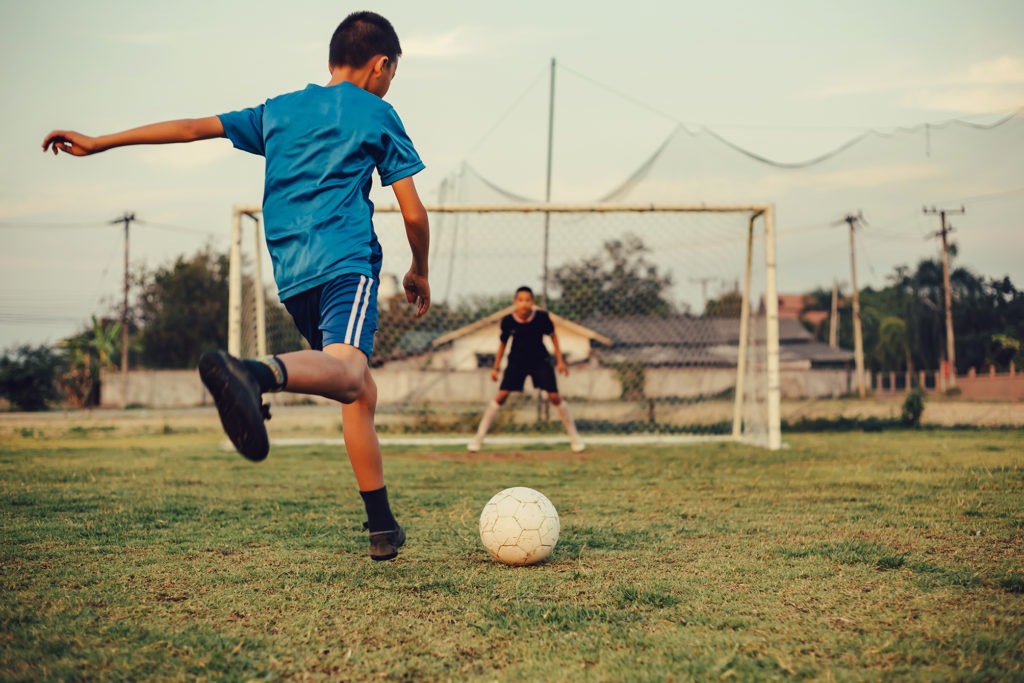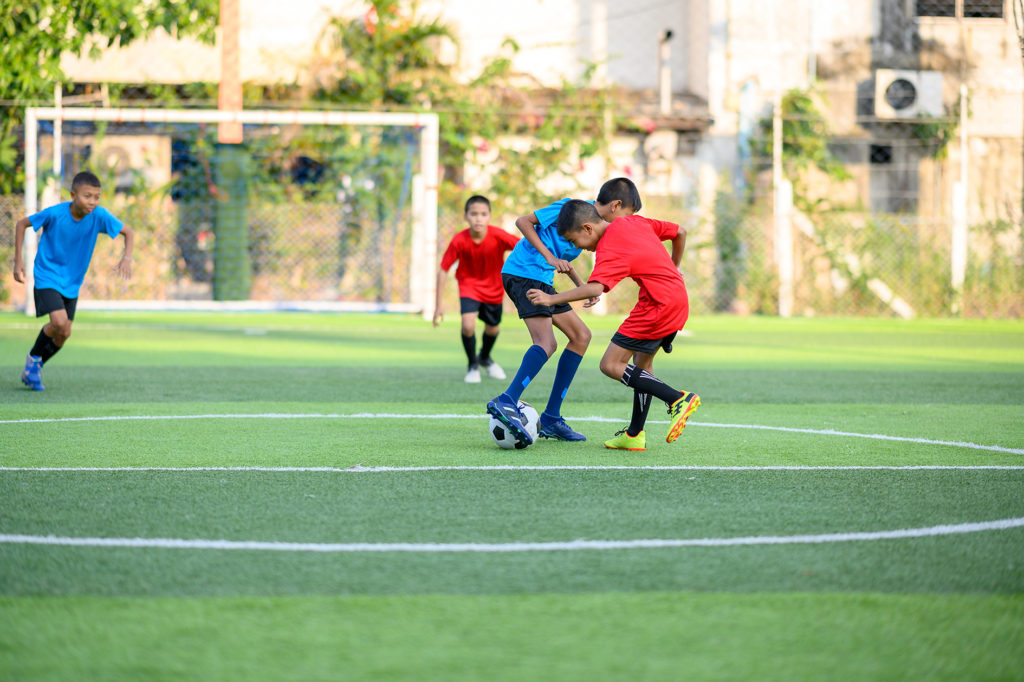Last Updated on: 11th October 2024, 02:51 pm

There is no question that we should be encouraging children to take up a sport. Team games are advantageous to their development on top of the obvious health benefits. Playing as part of a grassroots football team instils a sense of teamwork and drive in children that will serve them throughout their life. How many people out there still have fond memories of getting their first football kits and stepping onto the pitch for their first match? It’s a momentous occasion. However, there have always been questions about how responsible it is to place children in such a competitive environment. There is a divide between people wanting to encourage the spirit of competition and those who are wary of it.
Changes to Youth Football
This was never more obvious than in 2012 when the FA announced it was changing its approach to Youth Football. The changes came within their Youth Development Review and included recommendations about the reduction of pitch sizes, number of players, and coach development. It changed the rules regarding teams containing players aged 10 or younger. They would no longer be placed in league tables and the results of their matches would not be published. It was hoped that the focus would not solely revolve around scoring and points. Some people argued that the FA was trying to banish competition altogether whilst others welcomed the changes.

I can see both sides of the argument. Football will always be a competition. It involves two teams facing off against each other and there will always be a winner and a loser. Children know that winning is desirable but, as a player, they need to understand that there is more to the game. The 2012 update simply wanted to take some of the pressure off younger players and focus on developing their football skills.
On the other hand, is it also possible that the lack of competition has gone too far? I’m not going to sit here and suggest that we should be forcing teams of under 8’s into highly competitive atmospheres. However, one of the major benefits of playing team sports is coming to terms with winning and losing. For some children, sport is the best way to encourage personal development and handling success and failure is a big part of that.
Child Behaviour
Child behaviour experts suggest that children are not ready for competition until they are at least 8 years old. Younger children aren’t ready to handle the stress of winning, losing, and being measured on their performance. So, a focus on fun and development for that age would seem like a sensible idea. However, as they get older a bit of healthy competition is character building. It helps children see the importance of tenacity and hard work. It also creates a foundation for future social skills. Without constructive competition, children will not come to understand how to win and lose gracefully.

One of the major reasons for the changes was because young players didn’t enjoy the pressure of competition. If you want to encourage children to play then avoiding an overly competitive environment is a positive thing. However, that doesn’t mean we should avoid it altogether. Isn’t it just as stressful for young people to suddenly come to terms with league tables with no experience? Suddenly realising that a few bad games could have a massive impact on the entire season can be difficult to deal with.
Is There A Compromise?
There needs to be a transitionary period where competition is slowly brought in. Coaches and parents must take responsibility for preparing their children. If we shelter them from experiencing winning and losing then they will not be able to handle it further down the line. Instead of judging youth teams using goals scored and league table, each season could see them working towards specific goals. The team could set improvement aims to work towards and each child set individual targets. Goals that they will experience meeting or falling short of. Rather than keeping a record of match scores, keep a table of objectives met. This would keep the spirit of competition alive without risking taking things too far. And, ultimately, it will prepare young players for what is to come as they progress in the sport.

